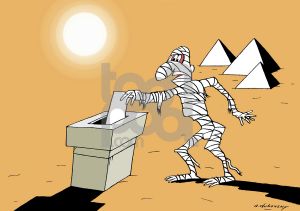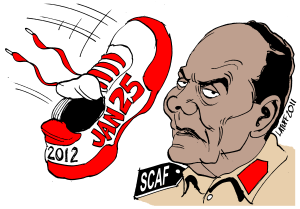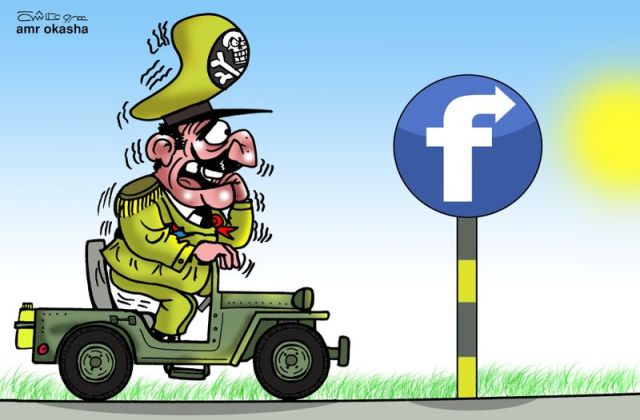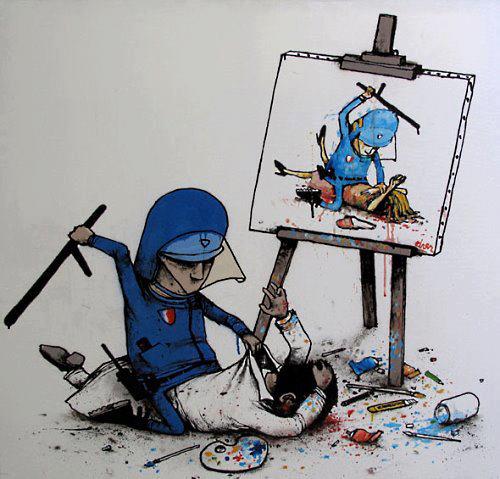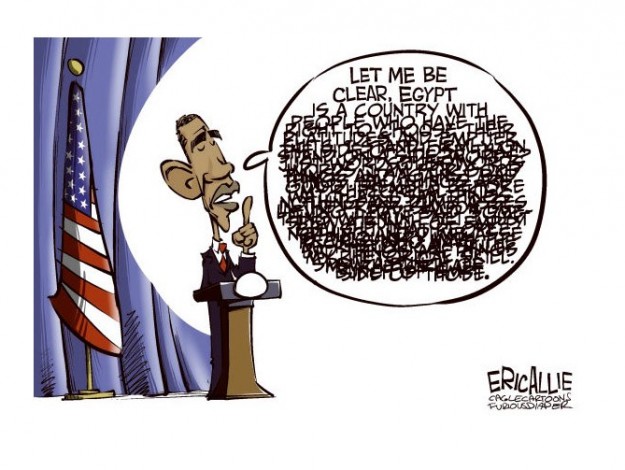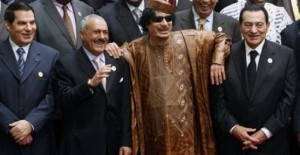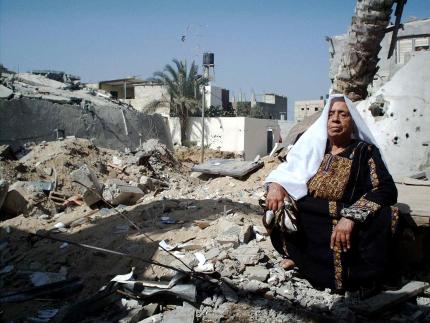Vivian Salama
Newsweek Magazine (click here for original link)
January 25, 2013
Ismail Ahmed passes much of the day sitting on a small wooden chair outside his grocery–cum–souvenir shop in Giza, on the outskirts of Cairo, watching the cars drive by while smoking Cleopatra cigarettes, which crackle loudly with each drag. Gone are the days when busloads of tourists would pour into his shop near the Pyramids to pick up bottled water and $3 statues of the Sphinx. Since his fellow countrymen rose up against President Hosni Mubarak in January 2011, Ahmed’s business has dwindled. Gone are his hopeful expansion plans for the tiny shop, and his son Mohammed, who used to work alongside him, is looking for other jobs, because income from the store has become but a trickle. “Now if I see two tourists in a day, it means it’s a good day,” Ahmed says as he lights another cigarette. “The tourists are too scared to come to Egypt now. My store is not receiving enough income to support the family.”
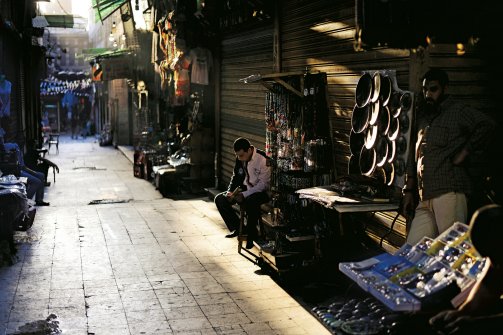 Two years after revolutions unsettled and redrew the political map of the Arab world, the hope that inspired so many has not brought the desired change. Across the region, economies are unraveling, opposition groups splintering, and promises for establishing democratic secular governments now seem like a pipe dream.
Two years after revolutions unsettled and redrew the political map of the Arab world, the hope that inspired so many has not brought the desired change. Across the region, economies are unraveling, opposition groups splintering, and promises for establishing democratic secular governments now seem like a pipe dream.
War rages on in Syria, with more than 60,000 people killed so far. On one single day recently, more than 100 people were shot, killed, stabbed, or burned to death by the brutal security forces taking orders from President Bashar al-Assad. Many Syrians lucky enough to have survived the fighting are on the run, and with no end in sight, the 22-month-old conflict threatens to reshape the region. Some 2 million people—more than half of them children—have already fled Syria for Turkey, Lebanon, Jordan, Iraq, and beyond. Already there has been trouble in Lebanon, which has its own bloody history, easily recalled and ignited, and regional observers fear political and sectarian grievances will follow the flow of refugees.
Gomaa, a 35-year-old restaurant owner who prefers to go by one name for security reasons, believes his country was better off before the uprising, and certainly his family was. His hometown of Idlib, an opposition stronghold, has been battered hard by the government, and after snipers moved into his apartment building, his family’s life turned into a nightmare punctuated by volleys of gunshots. Fleeing to Egypt with his wife and two young boys, he found that work was scarce and impossible to come by for a foreigner, though eventually he found a lead on a job as a restaurant busboy in Morocco, where he’ll be living with a large group of men in an apartment in Rabat. With little money to his name, he has arranged for his wife and kids to stay for free with family friends in Algeria. “Of course, I wish to be with my family, but I thank Allah that we are alive.”
In Tunisia, where, in despair over government injustice, vegetable seller Mohamed Bouazizi set fire to himself, inspiring the wave of protests that came to be known as the Arab Spring, demonstrators flooded into the streets earlier this month. Marking the two-year anniversary of the ouster of former president Zine al-Abidine Ben Ali, this was no celebratory gathering, but rather a show of frustration by people who fear their new government is corrupt, religious, and self-serving. “Where is the constitution? Where is democracy?” they chanted, as police fired tear gas to disperse the crowds. Tunisia has recently been rocked by a scandal dubbed Sheratongate, which centers on allegations that Tunisia’s foreign minister, Rafik Abdessalem, abused public funds to pay for rooms at the five-star Sheraton hotel in Tunis, where he would meet his mistress for illicit trysts. “There are fewer jobs, and corruption and crime is worse than before,” complained Yazid Ouerfelli, 19, a university student from Tunis. “The country is also more divided now because of religion—it didn’t used to be like that.” (click here to read more…)


